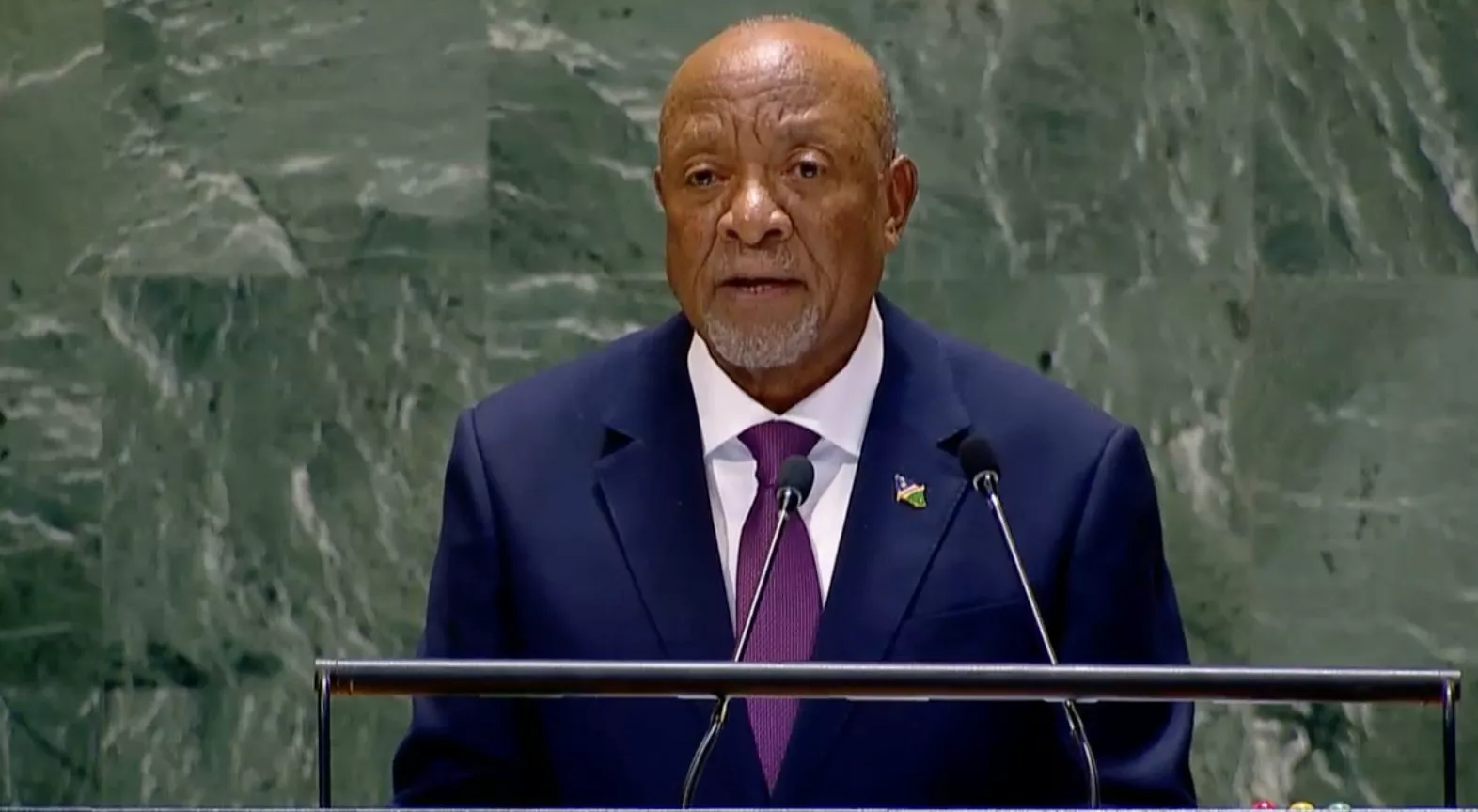|
Getting your Trinity Audio player ready...
|
Global leaders and experts at the Summit of the Future have shared views about creating a more effective and inclusive global governance system capable of addressing contemporary challenges in pursuit of promoting sustainable development.
President of Namibia, HE Nangolo Mbumba at Summit: “The world of 1945… is contrastingly different from the world of 2024. We as leaders are once again called upon by destiny to come together and forge a brighter future for our peoples… We must be courageous to reform international organisations, including the United Nations, and its Security Council.”
He added: “We must harness the incredible advancement in Science and technology, for the common good while being ever vigilant against the misuse of innovation such as artificial intelligence, biotechnology, and geoengineering.”
António Guterres, the UN Secretary-General met with H.E. Mr. Nangolo Mbumba, President of the Republic of Namibia, and expressed his deep gratitude for Namibia’s outstanding contributions to the Summit of the Future, including concerning reforming the financial architecture to better serve countries’ development objectives.
Ms. Sasa Jurečko, the Deputy Permanent Representative of Slovenia, said there is a need for increased investment in education and healthcare, particularly for women and girls. She also added that empowering women and girls is essential for building a more equitable world.
Ms Ana Jimenez, Spain’s Deputy Permanent Representative to the United Nations, said that engaging traditional and religious leaders in discussions around gender equality is vital. These leaders have significant influence and can help shape cultural and social norms. She adds that it is essential to recognise the role of men in achieving gender equality.
Ms. Susana Malcorra, President of GWL Voices, said there should be the introduction of gender equality in UN leadership positions, with the presidency of the General Assembly alternating between men and women.






